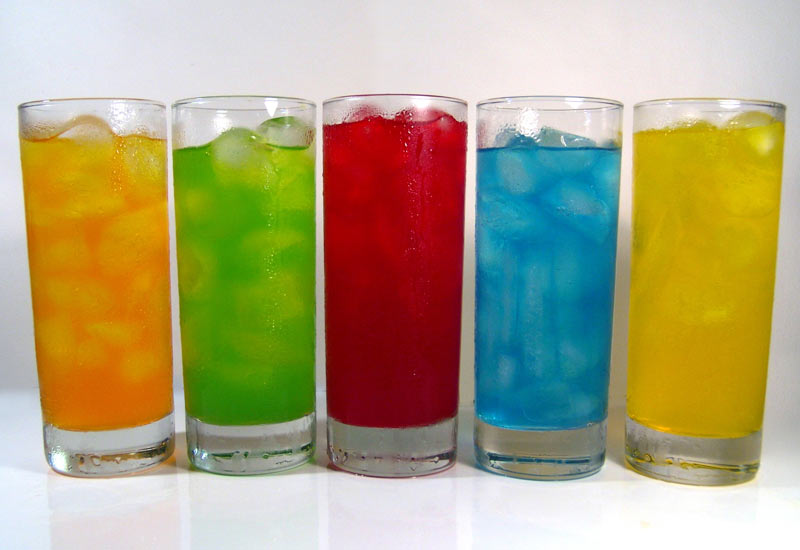As the region’s F&B market evolves in tune with a changing economic climate, beverage suppliers appear to be going against trends witnessed in other industries and actually increasing the variety of their products.
The large number of non-Muslim ex-pats living across the Middle East has seen alcoholic beverage suppliers widen their range over the past decade — but those who abstain from alcohol consumption are now seeing the variety of non-alcoholic drinks expand, as F&B managers strive to meet the needs of their diverse clientele.
Kempinski Hotel Mall of the Emirates beverage manager Sasha Aleksandar Milovanovic noted: “The number of non-alcoholic suppliers is growing; there are quite a few new companies selling new products.
“The quality is definitely there, but bear in mind you are in the middle of the desert where nothing is grown, so all premium things need to come from outside; this is usually reflected in price.
“And once perishable ingredients actually reach the market, they are usually not as fresh [as they should be],” he claimed.
However Milovanovic said there was nevertheless significant evidence of market progress.
“When I came to this region in 2003, certain things were simply not available — for example, wheat grass was out of our reach,” he asserted.
“But luckily, somebody realised that there was a demand for it; things are constantly improving.”

Advertisement
Wider variety
According to flavourings provider Monin’s MEI managing director, Sylvain Dronet, the evolution of the beverage industry is down to changing customer demand.
“Customers are looking for more choice and more variety than ever before, especially when it comes to drinking,” he explained.
As a result, beverage offerings are becoming more diverse, despite the economic slowdown discouraging other industries from expanding, noted Dronet.
“Look at the number of drinks Arabic consumers can now enjoy in a coffee shop — smoothies, mocktails, flavoured teas and coffees; this was far from being the case three or four years ago,” he said.
“If you compare the beverage industry to other economic sectors, it is easily noticeable that beverage companies have not been as affected as the rest.”
Nestlé Professional — Middle East beverages business manager Joe Aouad agreed that consumer demand for beverage products had remained high throughout the region.
“We are witnessing an increase in demand for new and healthier beverage options,” asserted Aouad.
“Due to global health issues and obesity problems, we can see a rising demand for healthier beverages that still offer a premium treat, indulgence and refreshment — especially when eating out; these are strong drivers in purchase decisions.”
But according to Aouad, fulfilling consumer demand remained a double-edged sword for F&B establishments: while speciality beverages are in demand, the price of these products does not tally with customer expectations.
“Consumers are requesting speciality beverages, moving away from traditional offering — they look for indulgence and want to treat themselves,” Aoud noted.
“And yet at the same time they are also becoming more price conscious and demanding value-for-money.”
However Aouad said he was confident that while consumers refrained from spending their hard-earned cash on luxury items such as new cars or luxury clothing, they would continue to “reward themselves with a beverage that meets with their expectations”.
“For foodservice operators, beverages help drive more foot-fall to an outlet and have a very high profit margin,” he observed.
“The Middle East is riding a faster growth trend, which in turn has attracted many entrepreneurs and multinational companies to explore business opportunities.”









 Search our database of more than 2,700 industry companies
Search our database of more than 2,700 industry companies









